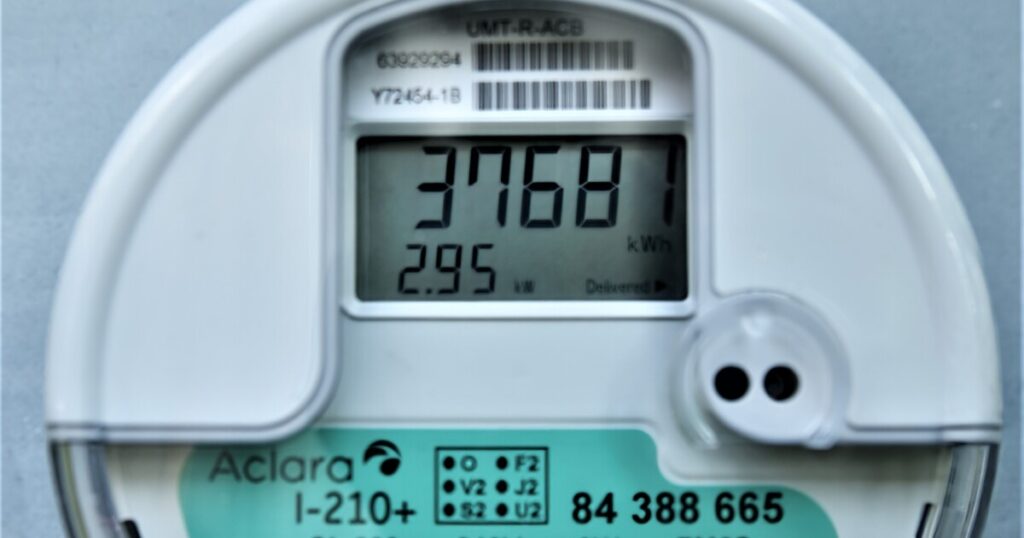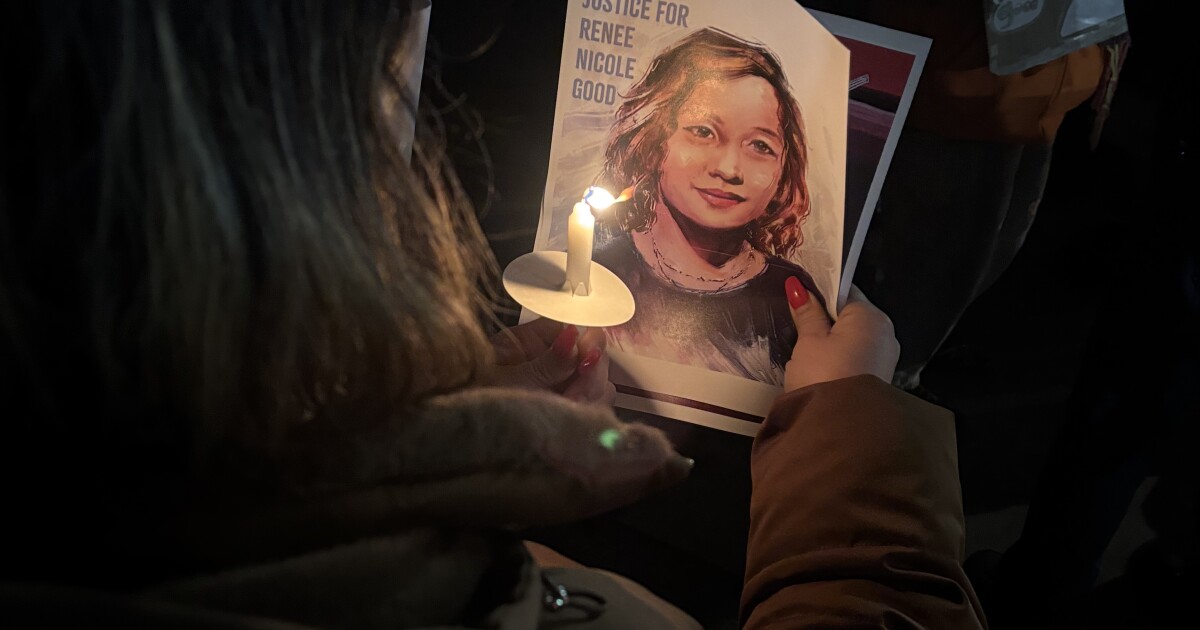Michigan residents who rely on financial aid to manage their heating and emergency expenses may soon face a financial crunch. The Low Income Home Energy Assistance Program (LIHEAP), a federal initiative, provides essential one-time payments directly to utilities, easing the burden of energy costs for many families.
Aside from helping with regular energy bills, LIHEAP also supports the State Emergency Relief program, which provides critical aid during unforeseen crises such as utility shutoffs or home hazards. However, due to the current government shutdown, the annual LIHEAP funds have not yet been distributed to the states.
While Michigan currently utilizes leftover funds from the previous year, this reserve is anticipated to last approximately three weeks. A Michigan Department of Health and Human Services spokesperson emphasized the potential impact, stating, “Without continued federal funding, many low-income families in Michigan will struggle to pay their home energy bills and may face shut-off conditions without additional supports.”
Last year, more than 430,000 households in Michigan benefited from LIHEAP assistance. The looming financial shortfall poses a significant risk to these families, potentially forcing them to choose between basic necessities like utility payments and food.
The delay in LIHEAP appropriations is attributed to a budget stalemate, with federal officials pointing fingers at Democrats. The ongoing debate centers around maintaining Affordable Care Act subsidies, which, if not preserved, could lead to increased insurance premiums for millions as outlined in a report indicating impending premium spikes.
—
Read More Michigan News










